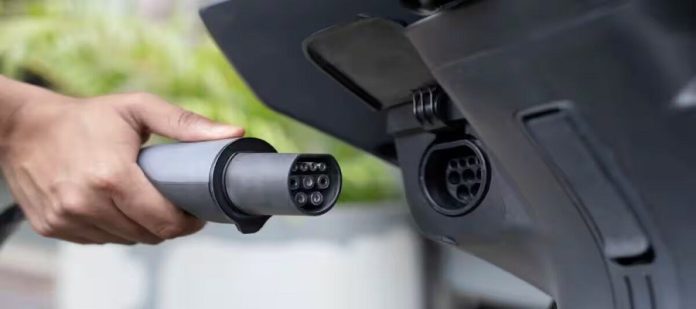In a historic development, the Bureau of Indian Standards (BIS), the recognized National Standard Body of India, has granted approval for the nation’s first-ever domestically developed AC and DC Combined Charging connector standard for light electric vehicles (LEVs). This groundbreaking standard, designated as IS17017 (Part 2 / Sec 7): 2023, not only marks a milestone for India but also represents the world’s pioneering combined AC and DC charging connector standard for LEVs. The innovation, designed and engineered within India, has the potential to establish a global benchmark in the rapidly growing LEV industry.
In an unprecedented collaborative effort, NITI Aayog, the Department of Science and Technology, ARAI, electric vehicle (EV) manufacturers, and the Bureau of Indian Standards joined forces to establish this national standard. This monumental achievement paves the way for an open system, fostering the global adoption of electric vehicles and marking a departure from dependence on international standards, promoting homegrown innovation.
Addressing a Market Void
The new standard addresses a significant gap in the market created by the absence of a standardized connector designed specifically for combined AC and DC charging systems tailored for light electric vehicles. These vehicles, including 2-wheelers, 3-wheelers, and microcars, possess unique charging requirements that traditional 4-wheel (4W) charging connectors are ill-suited for due to their size and cost. The combined AC and DC charging connector introduces a cost-effective, hybrid infrastructure, accommodating both fast and slow charging for light electric vehicles, eliminating the need for users to carry a bulky charger.
Key Statements from Industry Leaders
B V R Subrahmanyam, CEO of NITI Aayog, commented: “Recognizing the need for a common charging system for Light EVs in India due to the lack of international standards, it was crucial to creating one domestically. This allows Light EV users to conveniently charge from either an AC or DC outlet. Given that more than 75% of new vehicles in India are two or three-wheelers, this standard significantly impacts the vehicle market. The effort involved collaboration between government entities and private sector OEMs.”
Swapnil Jain, Founder, of Ather Energy, expressed: “Taking our stride further in the EV space today, we have an EV charging standard for India with the potential to be implemented worldwide. This is a remarkable achievement because, for the first time, an India-designed and developed technology can be used globally. As a country, we have come a long way because we are no longer dependent on any EV technology transfer from outside India to create something that has a worldwide market. This could well be the tipping point that catapults India into a global league of technology-based solution providers in the EV-automobile sector that only a few countries in the world are capable of.”
This innovative development not only signifies a remarkable achievement for India but also positions the nation as a global leader in clean mobility. The indigenous AC and DC Combined Charging connector standard for LEVs is poised to revolutionize the electric vehicle industry on a worldwide scale, driving sustainability and innovation in the field.









